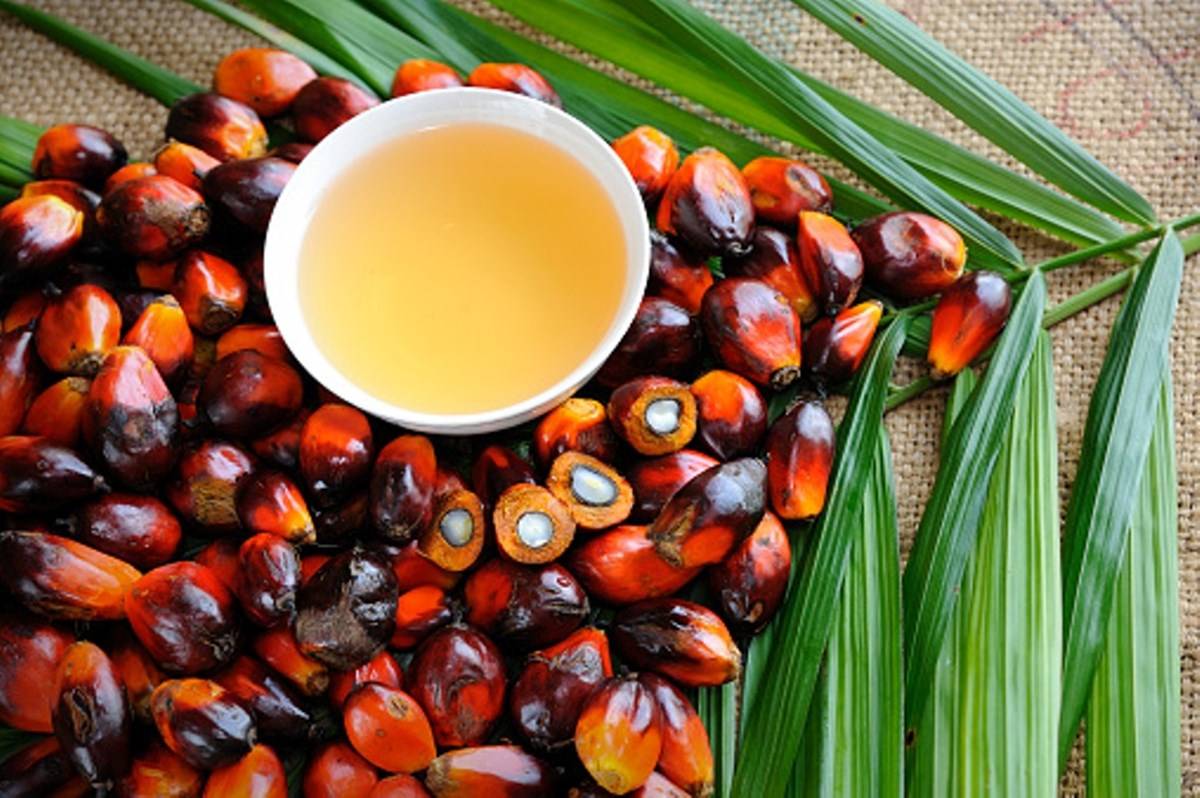
With the aim of controlling the price rise, recently, the government has announced to waive off the customs duty on the import of edible oils like – crude sunflower, palm, and soybean oil.
Consumption
International markets impact the Indian edible oil market because of the heavy dependency on imports. India is the second-largest consumer of edible oil in the world. Food grade oil and crude oil is largely imported from Argentina, Malaysia, Brazil, Indonesia, etc. India consumes 20-21 million tonnes of edible oil on a yearly basis and imports 4-5 million tonnes per year.
Palm oil, used mainly in the food processing industry, is also the most consumed oil in India, i.e., 45%, followed by Soybean – 20%, Mustard – 10%, and the remaining percentage is accounted by sunflower oil, cottonseed oil, groundnut oil, etc.
The oil and the protein rich-component from the homegrown oilseeds such as – soybean, groundnut, mustard, and cottonseed are extracted insolvent and expeller plants. The extracted materials are of exportable quality.
Price Rise
Recently, there has been a steady increase in edible oil prices all across the country. Its trading price range has been in between Rs 130-190/liter. Before the announcement, the traded price was Rs 5,600/quintal, which fell down to Rs 5,300/quintal. Across the country, Soybean prices have dropped by more than Rs 4,000-5,000/quintal.
This is the fifth time the central government has intervened to control the building prices. At first, the Centre authorized the states to impose a stock limit on both oil and oilseeds.
Further, the government abolished the basic customs duty on crude palm, sunflower and soybean oil, along with that, it also slashed down the agricultural cess levied on these items until March 2022.
Impact on Farmers
With these actions of the government to control the rising prices, earnings of the oilseed growing farmers are going to be badly affected as the harvesting of the oilseeds is already underway and many in Maharashtra have lost their crop yield to the September rains of the retreating monsoon. Same happened in Gujarat where the farmers reported a loss of yield because of the moisture and groundnut prices have also gone down. Evidently, soybean’s average traded price dipped by Rs 300/quintal.
Visibly for consumers, there won’t be any immediate fall in the prices. The reduced price on Crude Palm is about Rs 14,000/tonne, on Crude Soybean and Crude Sunflower seed oil is Rs 20,000/tone.
Impact on Current Prices
Oil prices are also being expected to fall by Rs 6-8/kg. But, the international market is still on a price hike as after the announcement the Malaysian Market shot up by RM 150-170 per tonne. Less chances of immediate improvement in the supplies can be seen everywhere, including the production of palm in Indonesia and Malaysia, Soybean in Argentina/Brazil, Sunflower in Ukraine. Most likely the supplies will improve post-December-January when the prices will start to come down slowly.
Reducing the import customs duty prices and frequent market interventions can be an obstacle to the Atmanirbhar Bharat Mission of the central government, and also it will dump all the steps taken to remove India’s dependency on imports through various National Missions. Moreover, it will directly affect the farmer’s pocket which is already not that deep. We need a smooth pricing that could to give sustainability to the farmers to grow their crops in consistency.









